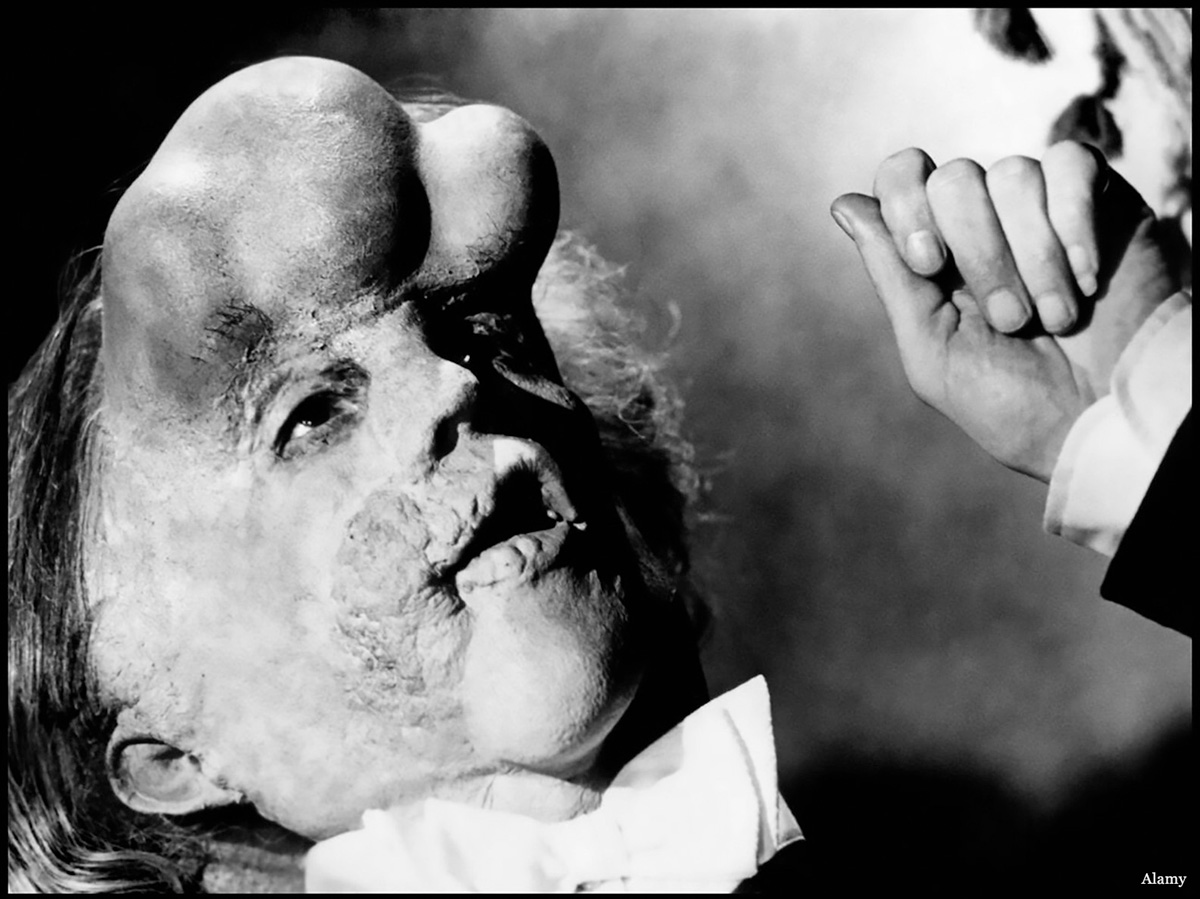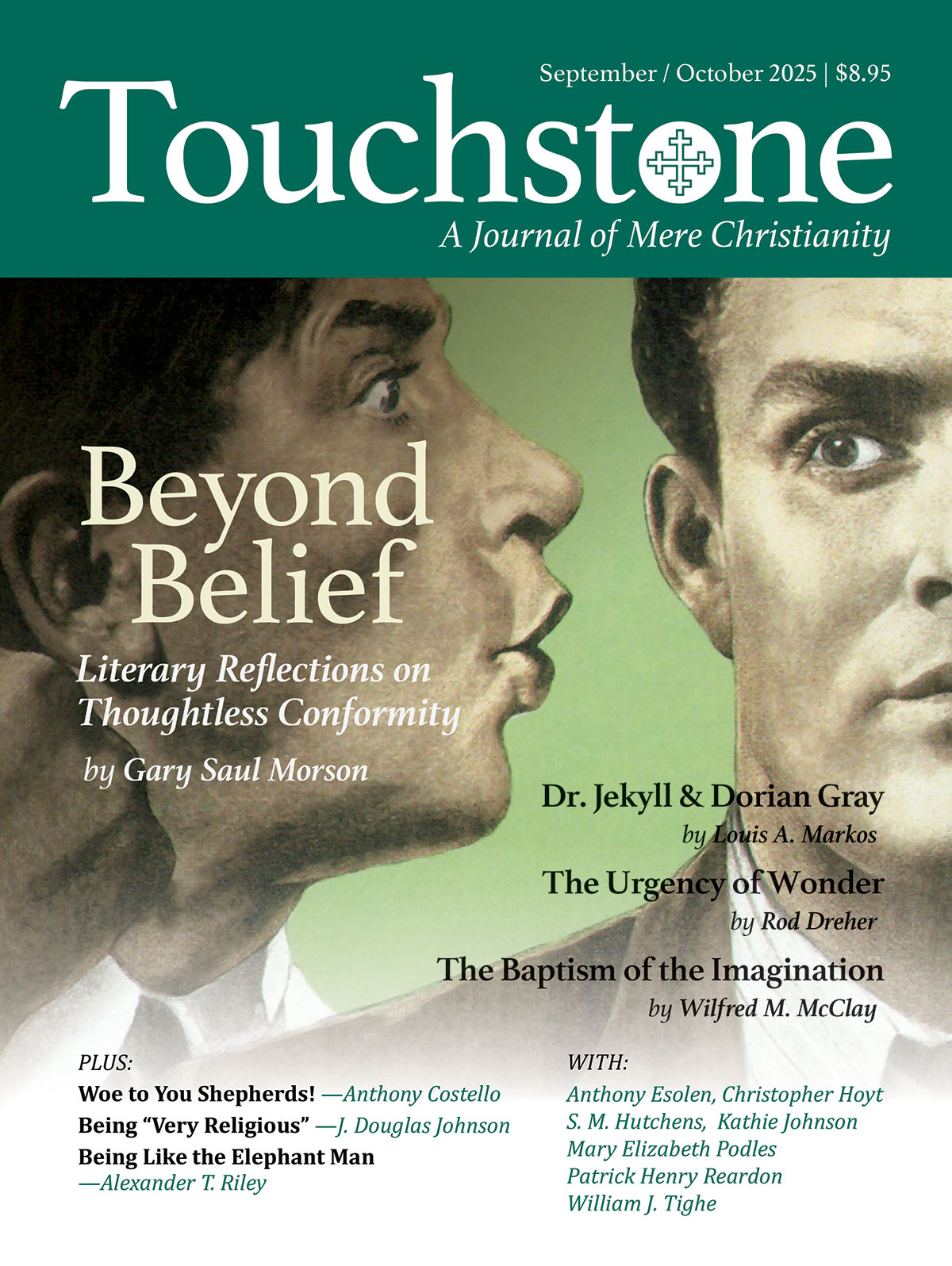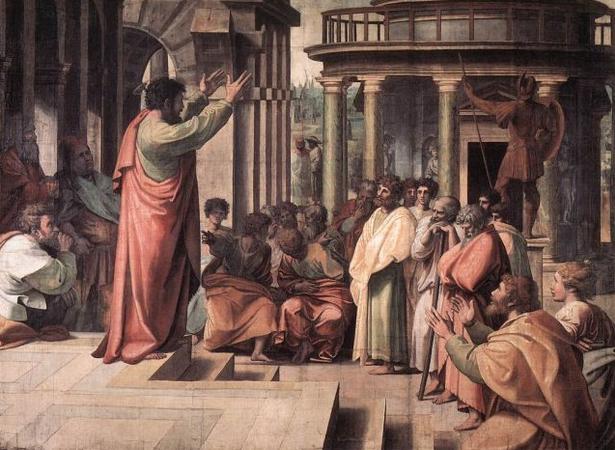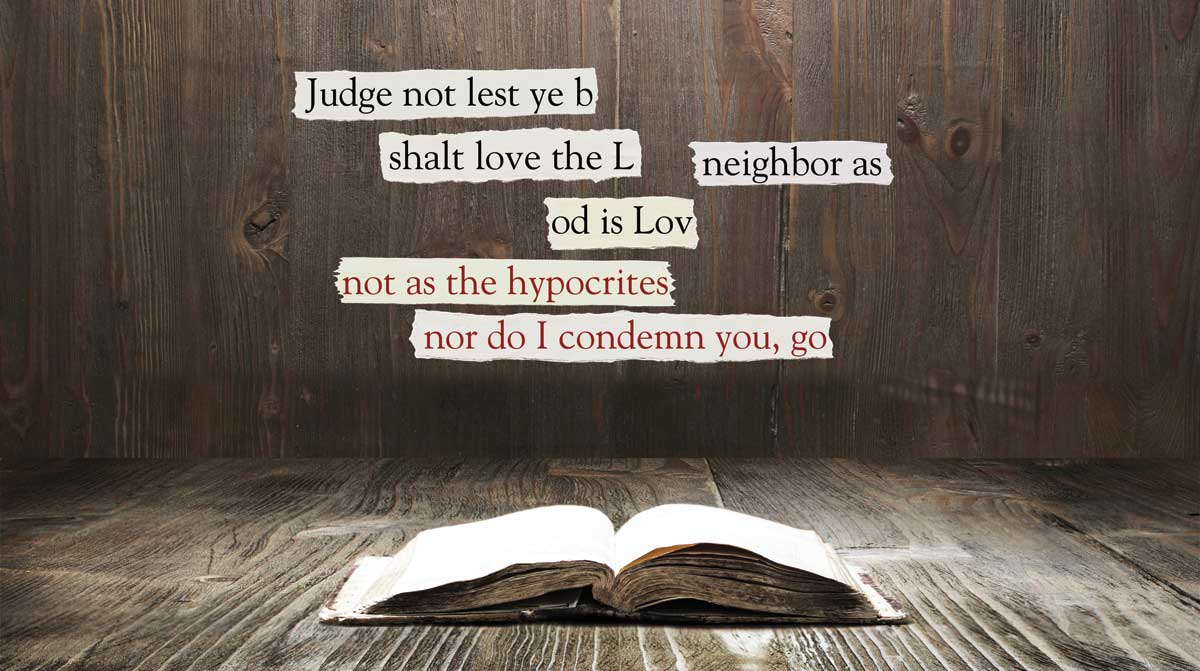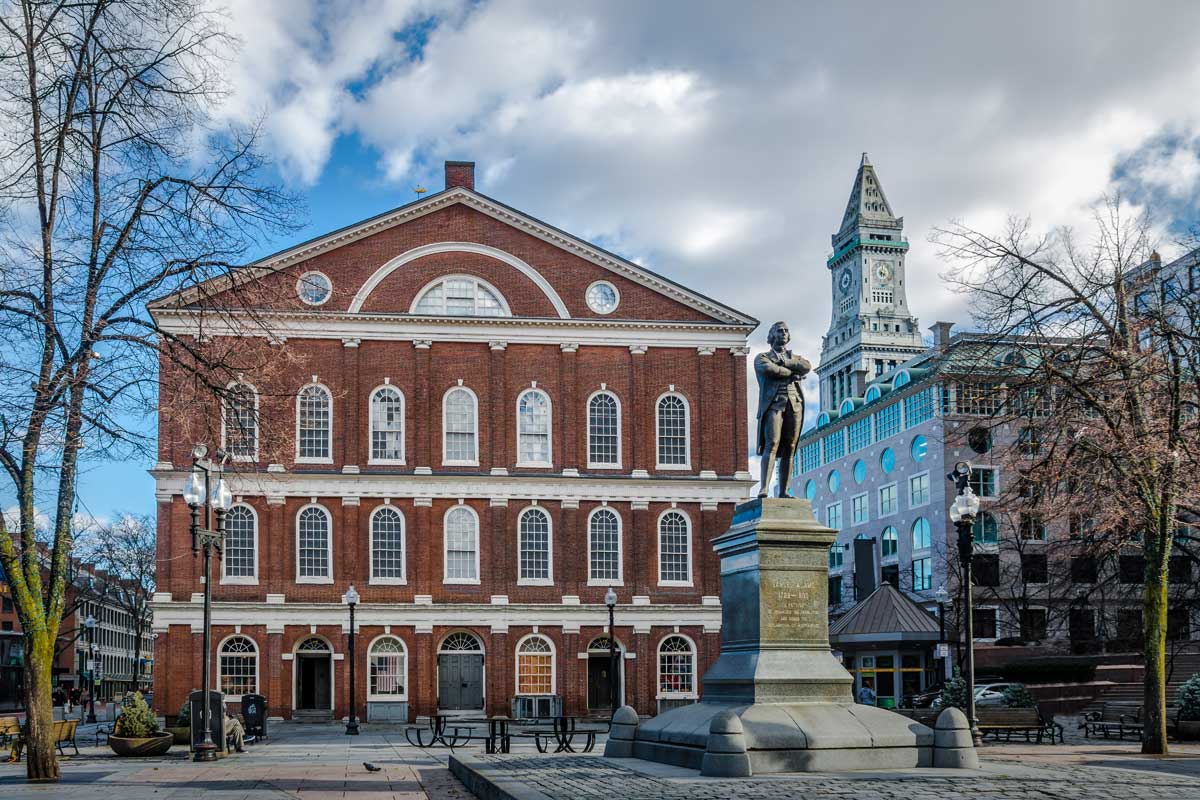Adagio for Joseph
I somehow did not know that David Lynch, who died in January, directed The Elephant Man. Learning this recently led me to go back and watch the film again for the first time in more than forty years. I first saw it as a teenager, on HBO a year or so after it was released. It broke my young heart then, and it had exactly the same effect on me this time. (You can see the film for free on archive.org, should you be interested.)
Ashley Montagu, in his book on the case of Joseph Merrick (1862–1890), the subject of the movie, begins thus:
What is a human life? A pulse in the heartbeat of eternity? A cry that begins with birth and ends with death? A brief and tempestuous sojourn on an inhospitable shore, where there is really neither joy, nor love, nor light, nor certitude, nor peace, nor help for pain? Or is it, is it, something more?
The rage I feel at the human animals who abused Merrick is undiluted all these years later. But now I wonder how much of it is fueled not by the judgment of their moral failing, but rather by the condemnation of the lack of compassion in myself.
Montagu gestured at “the supreme human integrity” some of us might retain “in the face of never-ending adversities” as central to the Merrick story. But as a far-left atheist, he was unable to give us an idea of where Merrick’s integrity might have come from, or why it should seem to us as admirable as it does.
Christian Meaning
The meaning of Lynch’s film is, it seems to me, transparently and fundamentally Christian, regardless of what Lynch’s own intention might have been (he was a practitioner of Transcendental Meditation and seems to have had some generic belief in the existence of God, though no concrete connection to any Christian denomination): One is called to touch lepers, as Christ himself did, and in the steps of those lepers walks Christ himself.
I remember only too clearly how, as a boy, at the same time as I felt revulsion for the monstrous men and women in the film who looked upon Merrick as a monster, I also trembled at his appearance and, with friends who had also seen the movie, even made him an object of mocking laughter. It unsettled me then, as it does now, to realize how difficult I find it to walk the hard road I must walk, and how little space—none at all, perhaps—separates me from the disgustingly leering faces that jeered and tormented Merrick and all his suffering brethren.
There is a scene in which Merrick tells the wife of Sir Frederick Treves, the surgeon who helped and befriended him, about his wish that he could find his mother so “she could see me with such lovely friends here now . . . perhaps she could love me even as I am? I’ve tried so hard to be good. . . .” It is one of the most emotionally laden in all of cinema. Actor John Hurt’s delivery of that line is so emotionally well-calibrated that you’d have to have a heart of stone not to feel it like a moral earthquake.
When Merrick says, “I am happy every hour of the day,” I wish I could have those words at the front of my consciousness throughout my own days, so it would be a little more difficult to feel sorry for myself whenever some minor difficulty befalls me. If he could be happy every hour of the day, why cannot the rest of us, too? All of us should perhaps aspire to be Elephant Men and Women as we would aspire to be better creatures than we presently are. Perhaps in becoming Elephant People we would more fully realize what is divine in us.
Not Made for This World
Merrick’s love of art and theater, and their magical ability to take him out of the world in which his physical body lived and into another, superior realm, was an aspect of his character that touched me to my teen core. I felt that deeply when I first saw the film, already sensing that he was someone not truly made for this world but for some other realm, which could only be glimpsed in the glimmering light of art.
The stunning last sequence of the film, when Merrick is preparing for bed, overwhelmed me this time. Through tears, I watched the scene several times in succession. Merrick sees the drawing he’s made of a child sleeping, and he decides at last to sleep as others do, though he knows what this means for his mortal existence—his head is so heavy that it cuts off his air supply entirely when he is supine. The camera moves from a shot of him on what will very soon be his deathbed over to his desk, panning the items upon it: the photos of Miss Kendal, the actress who had made his last night so memorable, and of his beautiful and beloved mother; and the model, which he built from scraps, of the cathedral he could see outside his window. We see the curtains moving in the night air, and hear the strains of Barber’s Adagio for Strings, and then his mother’s voice, reciting Tennyson in a message of love to her eternally beautiful child:
Never, oh! never, nothing will die;
The stream flows,
The wind blows,
The cloud fleets,
The heart beats,
Nothing will die.
The theme music took me palpably right back to the time when I first heard it in the film. I heard it many times back then, since I watched the movie or parts of it numerous times during its run on HBO. Perhaps I recorded the theme as well on a portable device. I have a vague recollection of making such a recording, but it is long enough ago that the mists of time could well be conjuring an illusion born of desire.
This music is, owing to my early hearing of it and the impression the film made on me, the sonic essence of what Dr. Treves describes, in his account of his encounter with Merrick, as “the overwhelming tragedy of [Merrick’s] life.” A starkly haunting melody, both tender and foreboding. After rewatching the film, I immediately went over and picked it out on the piano. The key (B-flat minor) is one of those that, for reasons inexplicable, reaches most deeply inside my being, and the descent of the melody by half-steps after the main theme has been iterated several times in its original form adds another layer of unsettling mystery to the theme.
It is music that sounds like something you dreamed once as a child and have been waiting your whole life to remember. Which, in this case, is almost exactly true. As soon as I heard it again, I was struck by the impression that it had been lurking at the edge of my consciousness all these decades, revealing only fluttering fragments here and there, never enough to identify it concretely, but all the while patiently waiting for the predetermined time to come to me again and close the circle between these two points of my time here.
Thank you, David Lynch, for this precious gift that has meant so much to me. May you somehow know of my gratitude, and may it add to the quantity of your joy, and, if need be, may it serve as one more bit of testimony to the good you did on this earth during the time you walked upon it.
Alexander T. Riley is a senior fellow at the Alexander Hamilton Institute for the Study of Western Civilization and a member of the board of directors of the National Association of Scholars.
subscription options
Order
Print/Online Subscription

Get six issues (one year) of Touchstone PLUS full online access including pdf downloads for only $39.95. That's only $3.34 per month!
Order
Online Only
Subscription

Get a one-year full-access subscription to the Touchstone online archives for only $19.95. That's only $1.66 per month!
bulk subscriptions
Order Touchstone subscriptions in bulk and save $10 per sub! Each subscription includes 6 issues of Touchstone plus full online access to touchstonemag.com—including archives, videos, and pdf downloads of recent issues for only $29.95 each! Great for churches or study groups.
Transactions will be processed on a secure server.
more on culture from the online archives
more from the online archives

33.2—March/April 2020
Christian Pro-Family Governments?
Old & New Lessons from Europe by Allan C. Carlson
calling all readers
Please Donate
"There are magazines worth reading but few worth saving . . . Touchstone is just such a magazine."
—Alice von Hildebrand
"Here we do not concede one square millimeter of territory to falsehood, folly, contemporary sentimentality, or fashion. We speak the truth, and let God be our judge. . . . Touchstone is the one committedly Christian conservative journal."
—Anthony Esolen, Touchstone senior editor






